Most seeds have 100 to 115 calories per 2 tablespoons. A serving of 1 to 2 tablespoons per day is a great addition to a healthy diet and lifestyle. The federal government strictly regulates the import of hemp seeds and hemp-based products, so those that come from abroad must also comply with that standard. In addition to being rich in fiber and healthy fatty acids, including omega-3 and omega-6, hemp-based foods also have important antioxidant effects that can go a long way in improving heart, skin and joint health.
One of the omega-6 fatty acids in hemp seeds is gamma-linolenic acid (GLA), which can have anti-inflammatory effects similar to those of medications such as ibuprofen. While related to the cannabis plant, hemp seeds have little or no of the psychoactive compound THC found in marijuana. Whether you're striving to lead a vegan or vegetarian lifestyle or simply want to improve your overall health, you can't go wrong with hemp seeds and hemp powder when it comes to a nutritious and sustainable substitute for animal protein. Studies have shown that hemp seeds reduce blood clotting, which may interact with anticoagulant prescriptions.
As long as you buy hemp proteins, hemp seeds and other hemp-based foods from reliable and reliable sources, you don't have to worry about mind-altering effects or failing a drug test after eating a standard serving of hemp. Hemp seeds are a great source of magnesium, which helps regulate heartbeats and is linked to the prevention of coronary heart disease. Studies have found that hemp seed oil can alleviate symptoms of eczema and improve dry or itchy skin. The fiber content in hemp seeds can cause digestive complaints such as bloating, nausea, or constipation in large quantities.
There isn't enough clinical research to show that hemp is safe orally or topically for pregnant or breastfeeding women, so it's not recommended. These seeds, which are part of the hemp plant, are technically nuts that can be eaten raw or can be used to make milk, oil, cheese substitutes or protein powder. Hemp oil can be used in the kitchen to add nutritional benefits to food, and it can also be applied topically to the skin. Research is ongoing, but the antimicrobial and anti-inflammatory effects of hemp seed oil may also help treat acne.
For centuries, seeds have been used for oral and topical applications to treat and prevent certain health problems.
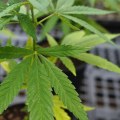

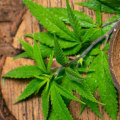
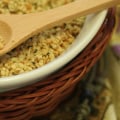
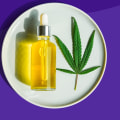
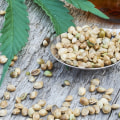
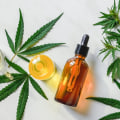
Leave a Comment